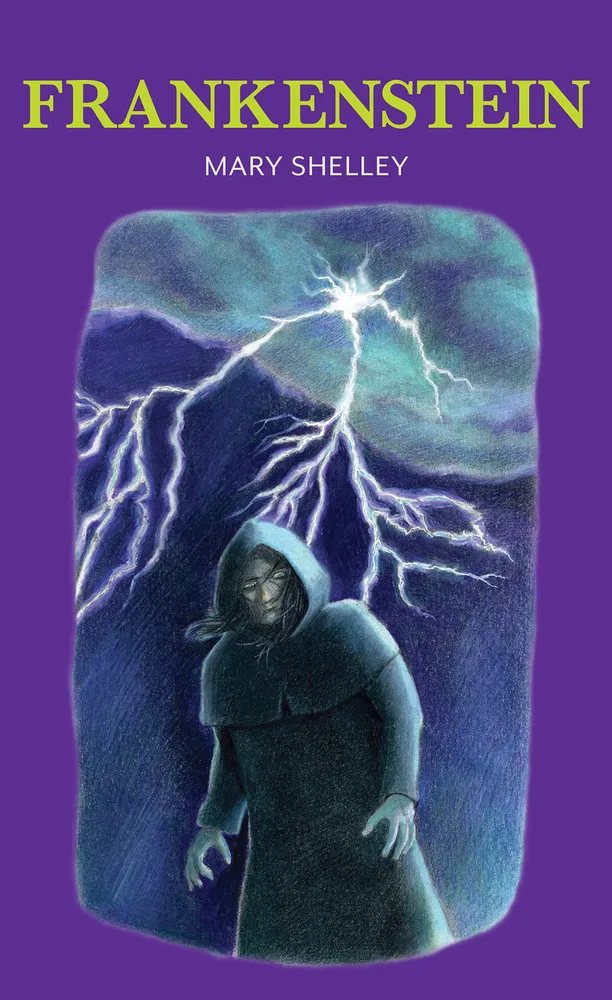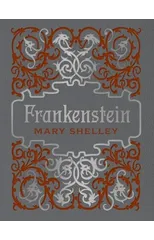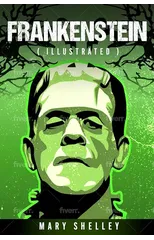'You must hear my tale. You must hear my terrible, terrible tale.' Committed to the deadly pursuit of the monster he created, Victor Frankenstein tells his chilling story. It all began with a desire to help mankind, but where will it end? Frankenstein leads us through vast mountainous landscapes and over frozen seas. Can he stop the fiend's murderous course? Is he prepared to do what the monster demands? The reader will be shocked and surprised. Is the monster as evil as he seems? Is Victor Frankenstein responsible for the tortures he himself endures? What can Frankenstein's terrible tale teach us today?
Mary Shelley
Mary Shelley was an English novelist, best known for her Gothic novel "Frankenstein; or, The Modern Prometheus," published in 1818. She was born in 1797 and was the daughter of political philosopher William Godwin and feminist Mary Wollstonecraft. Shelley's literary style is characterized by its exploration of existential themes, the consequences of scientific experimentation, and the complexities of human nature. "Frankenstein" is considered a seminal work of science fiction and has had a lasting impact on the genre, inspiring countless adaptations and interpretations. Shelley's other notable works include "The Last Man" and "Mathilda." Her contributions to literature have solidified her as one of the most important figures in the Gothic literary tradition.






